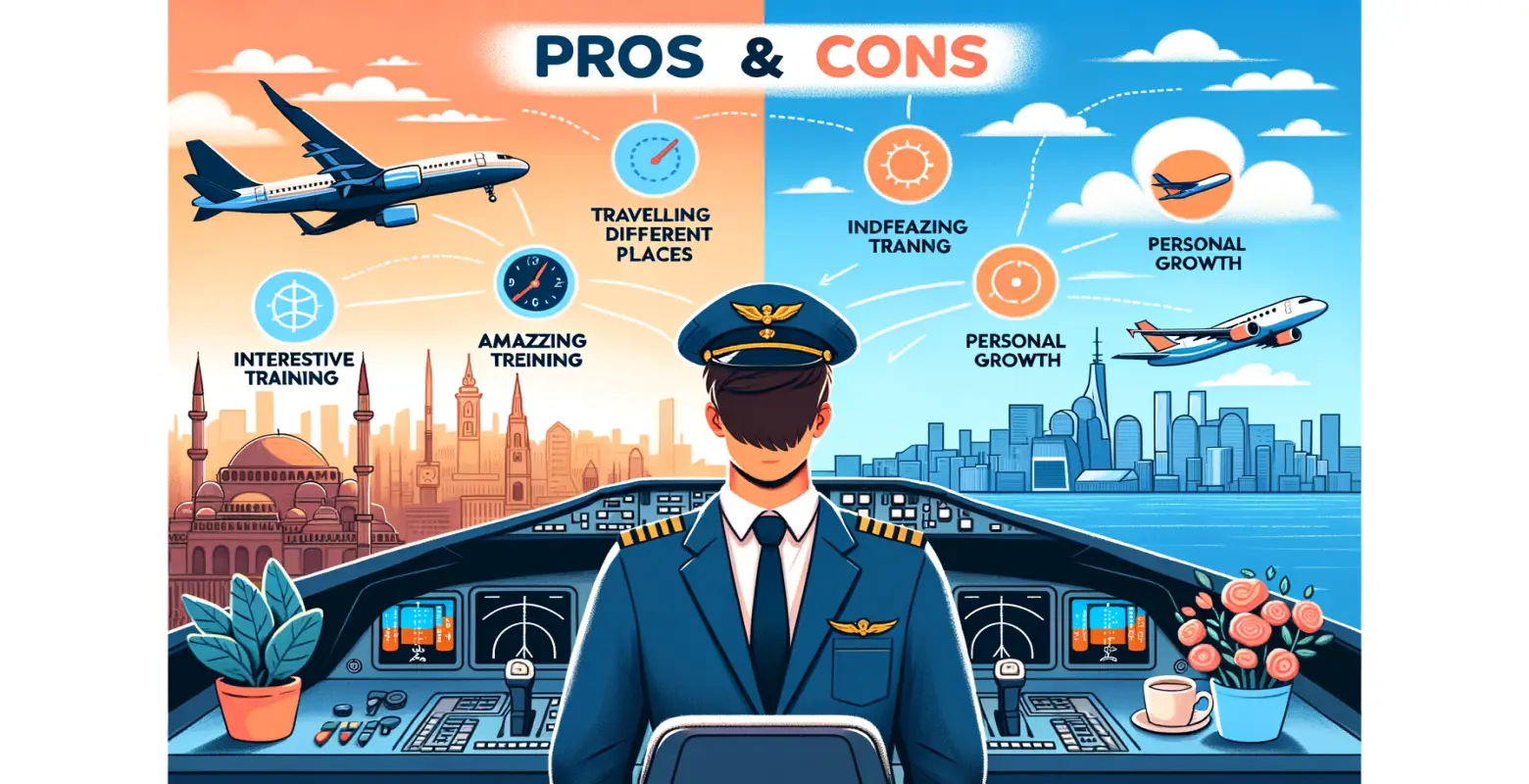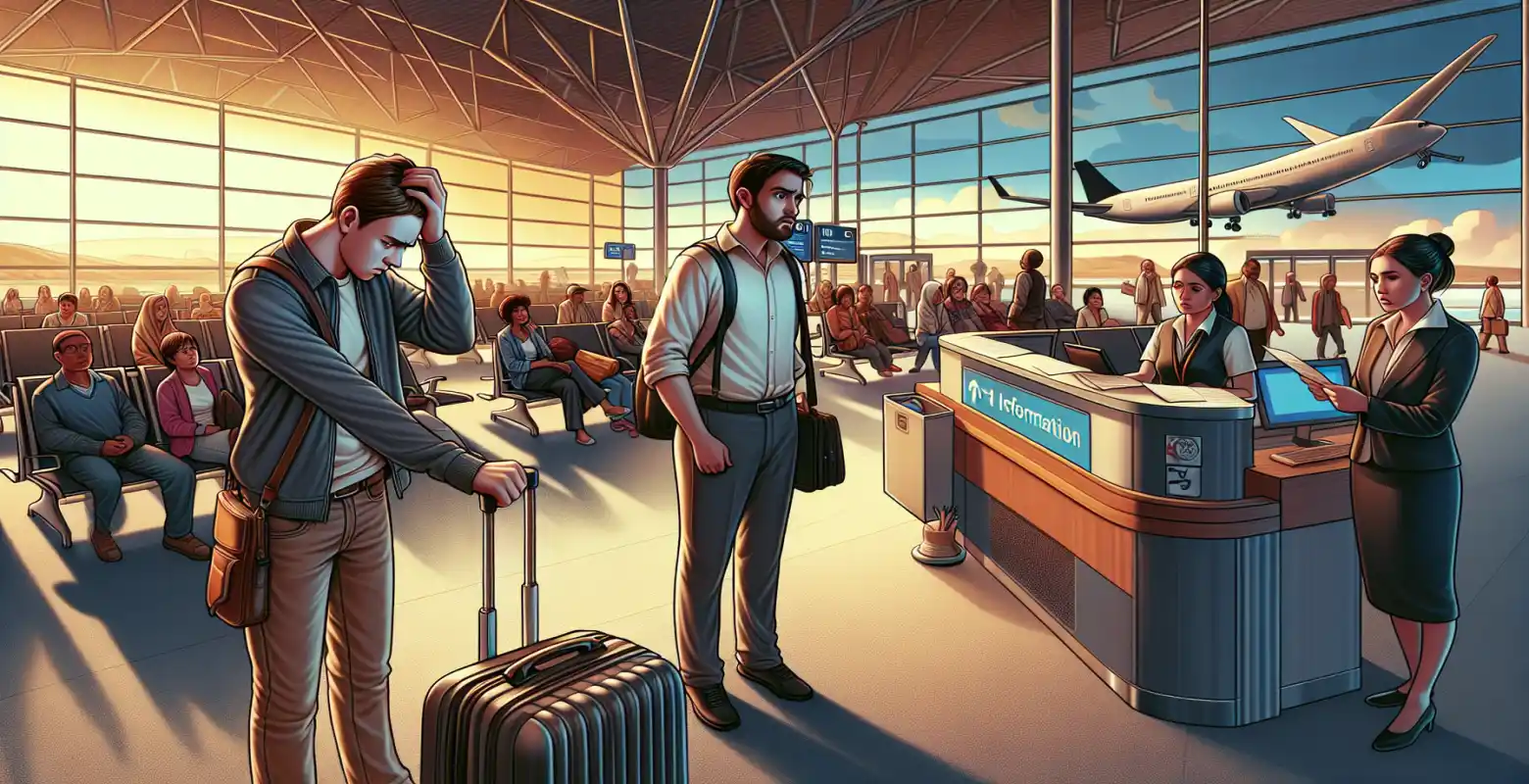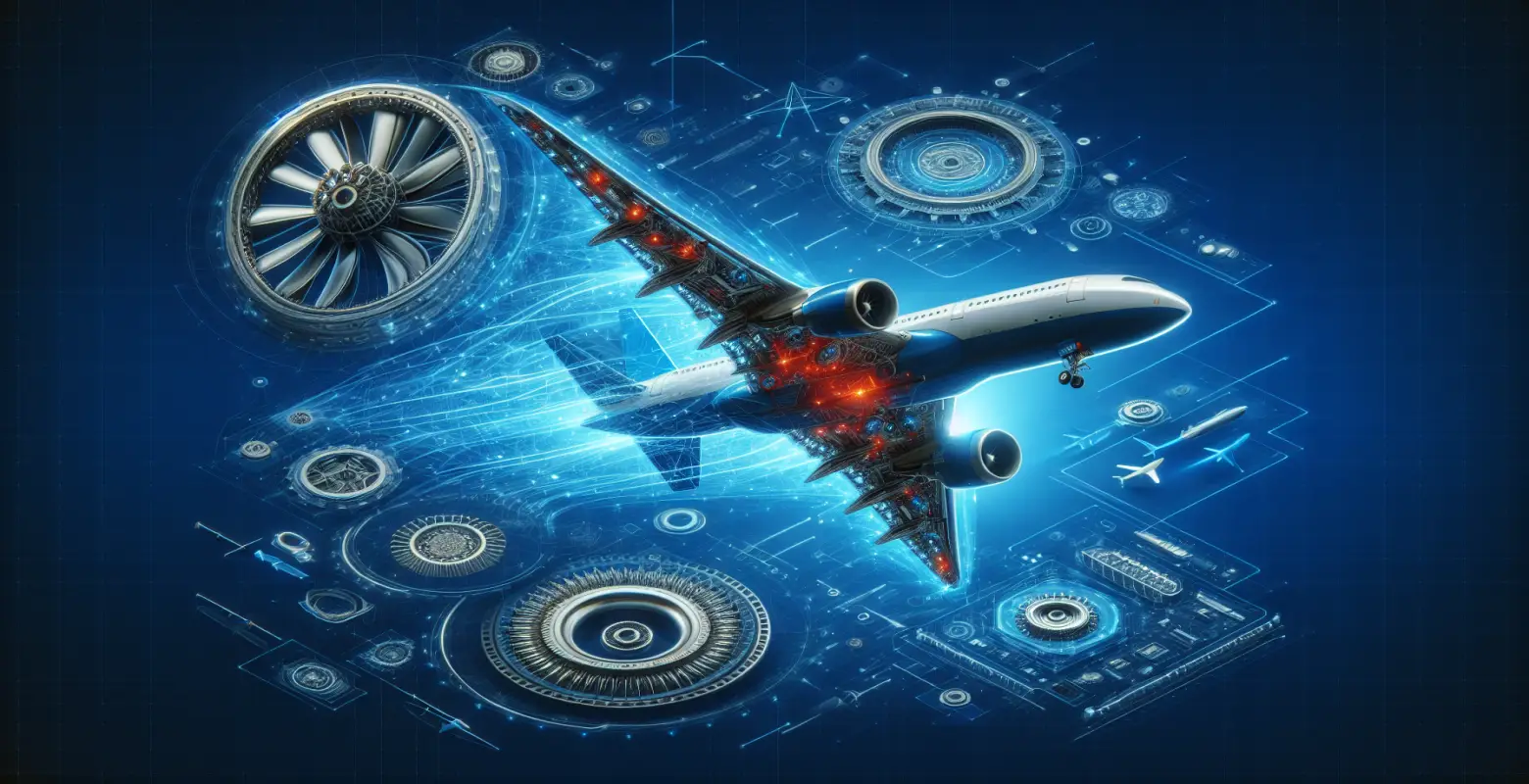Is it worth becoming a pilot? Advantages and disadvantages of the profession
Introduction
The decision to become a pilot is one of those life choices that can completely transform our lives. This profession is associated with prestige, exciting travels, and the responsibility for hundreds of passengers. However, like any profession, this one also has its highs and lows. In this article, we will take a closer look at whether it is worth becoming a pilot, analyzing the advantages and disadvantages of this profession. Is it a dream job, or rather a challenging endeavor full of stress and sacrifices? Join me in exploring this fascinating topic.
Advantages of Being a Pilot
The profession of a pilot undoubtedly attracts many young people with its uniqueness and prestige. Below, we will discuss the main advantages that make so many people dream of this career.
Adrenaline and AdventureFlying an airplane is a job full of emotions and challenges. Each flight is a new experience, and the view from the cockpit is something incomparable. For many, the opportunity to fly is the realization of childhood dreams of adventures in the skies.
Prestige and Social RecognitionPilots are highly respected in society. Their work requires not only excellent technical skills but also responsibility, which makes this profession considered elite. Moreover, the uniform they wear often evokes admiration and respect.
High EarningsThe salaries of pilots, especially in major airlines, are very competitive. Pilots earn significantly more than the national average, allowing them to lead a comfortable lifestyle. As they gain experience and promotions, their earnings can increase even more.
Travel OpportunitiesOne of the greatest advantages of being a pilot is the opportunity to travel around the world. Depending on the airline and routes they operate, pilots can visit different continents and explore new cultures. It is a job that allows discovering the world on a daily basis.
Disadvantages of Being a Pilot
Although the profession of a pilot has many advantages, it is not without its drawbacks. Below are the main challenges that individuals in this profession must face.
Stress and ResponsibilityBeing a pilot is associated with a tremendous responsibility for the safety of passengers and crew. Each flight requires full concentration and making quick decisions in crisis situations. It is a profession that can be very stressful, especially in the face of difficult weather conditions or technical failures.
Unstable Working HoursPilots often work in non-standard hours, including nights, weekends, and holidays. Schedules can be unpredictable, and long international flights can lead to jet lag and fatigue. This can affect family and social life.
Physical and Health RequirementsBeing a pilot requires maintaining good health. Regular medical check-ups are mandatory, and any health issues may prevent the practice of the profession. In addition, long periods of sitting and changes in time zones can have a negative impact on physical and mental health.
Career Development ChallengesAlthough the earning opportunities are high, advancing in a career in the aviation industry can be challenging. Progression to higher positions, such as captain, requires many years of experience and additional training. The competition is fierce, and the number of positions is limited.
Pilot Career Path
The path to becoming a pilot is long and often costly. It requires obtaining a pilot's license, which involves completing specialized training and accumulating a sufficient number of flight hours. Here are a few key points on this path.
Training and LicensesTo become a pilot, one must graduate from a flight school and obtain at least a Private Pilot License (PPL). Subsequently, the candidate must acquire a Commercial Pilot License (CPL) and an Airline Transport Pilot License (ATPL), which require hundreds of flight hours and passing a series of exams. This process can take several years and involve significant financial costs.
Experience and PracticeAfter obtaining the necessary licenses, young pilots often start their careers in smaller airlines or as cargo pilots. Gaining experience is crucial for further career development. With time and accumulating more flight hours, one can apply for positions in larger airlines and on more prestigious routes.
The Future of the Pilot Profession
The aviation industry is dynamic and subject to many changes. Evolving technologies, increasing demand for air travel, and environmental issues impact the future of the pilot profession.
New Technologies and AutomationTechnological advancements in aviation lead to increasing automation of aviation processes. Although fully autonomous aircraft are still in the future, pilots currently benefit from advanced assistive systems. This may influence changes in training and pilots' responsibilities.
Demand for PilotsForecasts indicate that the demand for pilots will continue to rise in the coming years, especially in Asia and developing countries. This is good news for young people considering a career in this industry. However, the competition remains high.
Environmental ChallengesIssues related to environmental protection and reducing CO2 emissions are becoming increasingly important in the aviation industry. Pilots will have to adapt to new regulations and technologies aimed at reducing the negative impact of aviation on the environment.
Summary
The pilot profession is a fascinating career path, full of challenges and satisfactions. It offers many benefits, such as prestige, high earnings, and travel opportunities, but it also comes with great responsibility, stress, and health requirements. If you dream of flying and are ready to take on the challenge, it may be the perfect path for you. However, it is worth carefully considering all the pros and cons and being prepared for the long journey to achieve your goal. Regardless of your choice, the pilot profession remains one of the most fascinating and dynamic careers in the world.






Number of comments: 0